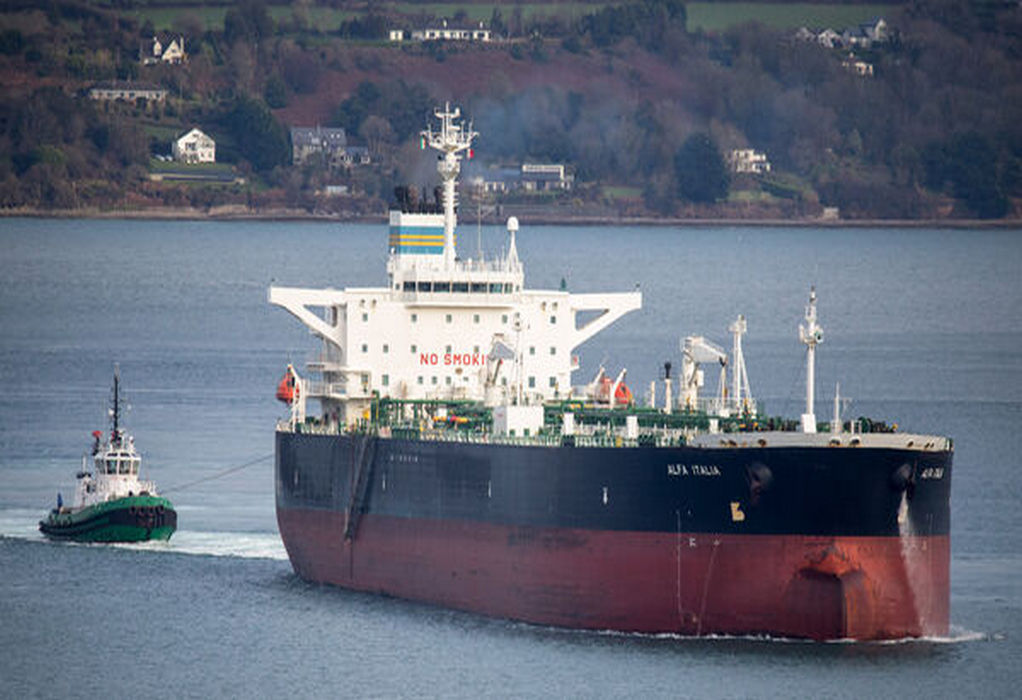NYK and Japan Marine United Corporation (JMU) have joined forces to develop a method for estimating a ship’s performance in actual seas before construction is completed.
The aim of the two companies is predict a vessel’s performance in actual seas before the conclusion of a shipbuilding contract and aid in the reduction of GHG emissions by procuring highly fuel-efficient vessels.
In conventional shipbuilding contracts, the guaranteed speed is set and agreed based on the relationship between the ship’s speed and horsepower in calm waters, and the shipyard and shipping company mutually confirm the guaranteed speed during sea trials in the final phase of construction.
However, since actual voyages are strongly affected by waves and winds, the guaranteed performance in calm seas deviates significantly from the performance in actual seas.
NYK and JMU introduced a clause guaranteeing ship performance in actual seas in a shipbuilding contract in September 2020 and have been working to verify performance in actual seas.
The partners recently completed verification of a vessel’s propulsive performance in wind and wave conditions in actual seas.
The companies selected two new VLCCs designed and built at JMU as target vessels and collected data on vessel speed, main engine horsepower, wind direction, wind speed, for one year from the delivery of the vessels in 2022.
Tags: GHG, JMU, NYK, Ship Performance



Recent Posts
Robert Allan Ltd. to Design Fully Electric AmpRA 3600 Tug for Tianjin Port
U-Ming Marine Conducts First Bunkering of FAME B24 Biofuel
DNV Validates Electric Hydrogen’s HYPRPlant for Safety, Efficiency and Commercial Readiness
Nepal Eyes Green Hydrogen Future with Policy Push and Hydropower Potential
India Tests First Hydrogen-Powered Rail Coach at ICF Chennai
Scandlines Nears Delivery of Zero Emissions Ferry Following Successful Sea Trials
India faces emission roadblocks with rising net-zero demands
Green Energy Resources invests in two electric Liebherr LHM 550